By Constance Bradley
“Suck it in, Constance!”
If you have practiced in the same class with me, you have probably heard the teacher give me this correction. Being told to “suck it in” is a frequent correction for me; I hear these words several times in each class. Before you feel sorry for me, or think that the teacher is picking on me, you should know that I ask every teacher to remind me to “suck it in.”
You see, sucking in my stomach is one of the most difficult parts of class for me. I find most other parts of class to be somewhat effortless. Balancing on one leg? No worries. Backward bending? I’m all over that one. Sucking in my stomach? That presents a whole new challenge for me. “Suck it in,” the teacher tells me; sweat drips down my face, and I engage my core. “Suck it in,” she tells me again, as I realize I have let my stomach creep outward. Is it possible for me to find some inner meaning in all of this? I rationalize anything challenging in class as a yoga gift, and I’m eager to open new presents. This is why I ask teachers to remind me of my challenge during class. As for inner meaning, the only thing I can figure is that I have to engage more of my core to properly complete the postures.
As a teacher, I fully realize that engaging more of my core is a technique that will pay dividends in the postures. I have come to the point in my practice where I realize that proper technique and good alignment are critical to success in the postures. One of the great masters of technique, Pablo Picasso, wrote, “The more technique you have the less you have to worry about it. The more technique there is, the less there is. ” This idea resonates for me – I know that when proper technique is mastered, everything else will fall into place naturally. I want to cultivate a lifelong yoga practice based on precise technique such that I am able to receive all the benefits of the yoga for many years to come.
However -- I will be blatantly honest here-- sucking it in is my own personal torture. It’s uncomfortable; a technique that does not feel natural to me. I admit that when I’m having a particularly difficult class, it is tempting to be dismayed when I hear this correction. It is easy to feel discouraged; sometimes I wonder if I will ever succeed in having this be an effortless part of my practice.
“Suck it in,” the teacher says; sweat drips down my face, and I engage my core. “Suck it in!” the teacher tells me 30 seconds later. Once more I engage my core, my body weight shifts, and just like that, I’m deeper into the posture than ever before! Suddenly, I find more meaning in these words.
Each time I suck it in, I am cultivating habits of proper technique and mindfulness in my practice. As a student of philosophy, I often think of Aristotle’s central teachings in Nichomachean Ethics, this notion nicely. “We are what we repeatedly do,” Aristotle claims, “excellence, then, is not an act, but a habit.” It’s not difficult for me to see where I have worked to develop other good habits in class, such as stillness in savasana or moderating water consumption. Through repeated action, I am striving for excellence in my practice; each time I suck it in, I foster good technique and mindfulness despite physical discomfort and emotional travail.
Suck it in.
Sometimes, it’s what you have to do to get where you want to go.



